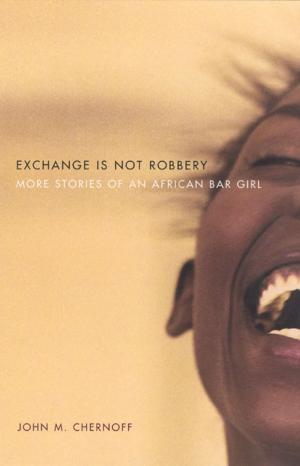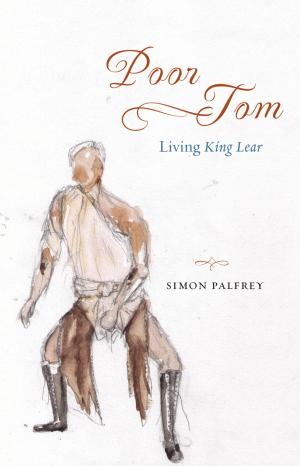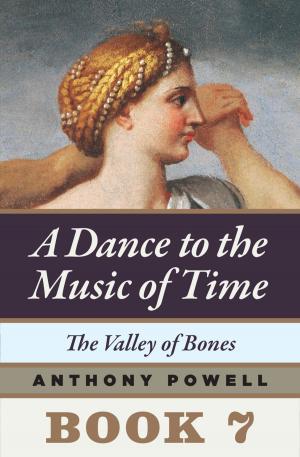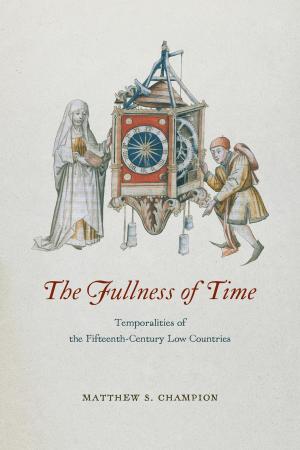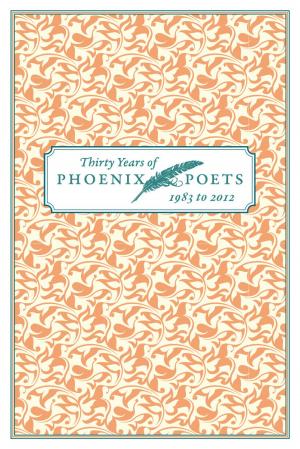Visions of Queer Martyrdom from John Henry Newman to Derek Jarman
Nonfiction, Social & Cultural Studies, Social Science, Gender Studies, Gay Studies| Author: | Dominic Janes | ISBN: | 9780226250755 |
| Publisher: | University of Chicago Press | Publication: | April 27, 2015 |
| Imprint: | University of Chicago Press | Language: | English |
| Author: | Dominic Janes |
| ISBN: | 9780226250755 |
| Publisher: | University of Chicago Press |
| Publication: | April 27, 2015 |
| Imprint: | University of Chicago Press |
| Language: | English |
With all the heated debates around religion and homosexuality today, it might be hard to see the two as anything but antagonistic. But in this book, Dominic Janes reveals the opposite: Catholic forms of Christianity, he explains, played a key role in the evolution of the culture and visual expression of homosexuality and male same-sex desire in the nineteenth and twentieth centuries. He explores this relationship through the idea of queer martyrdom—closeted queer servitude to Christ—a concept that allowed a certain degree of latitude for the development of same-sex desire.
Janes finds the beginnings of queer martyrdom in the nineteenth-century Church of England and the controversies over Cardinal John Henry Newman’s sexuality. He then considers how liturgical expression of queer desire in the Victorian Eucharist provided inspiration for artists looking to communicate their own feelings of sexual deviance. After looking at Victorian monasteries as queer families, he analyzes how the Biblical story of David and Jonathan could be used to create forms of same-sex partnerships. Finally, he delves into how artists and writers employed ecclesiastical material culture to further queer self-expression, concluding with studies of Oscar Wilde and Derek Jarman that illustrate both the limitations and ongoing significance of Christianity as an inspiration for expressions of homoerotic desire.
Providing historical context to help us reevaluate the current furor over homosexuality in the Church, this fascinating book brings to light the myriad ways that modern churches and openly gay men and women can learn from the wealth of each other’s cultural and spiritual experience.
With all the heated debates around religion and homosexuality today, it might be hard to see the two as anything but antagonistic. But in this book, Dominic Janes reveals the opposite: Catholic forms of Christianity, he explains, played a key role in the evolution of the culture and visual expression of homosexuality and male same-sex desire in the nineteenth and twentieth centuries. He explores this relationship through the idea of queer martyrdom—closeted queer servitude to Christ—a concept that allowed a certain degree of latitude for the development of same-sex desire.
Janes finds the beginnings of queer martyrdom in the nineteenth-century Church of England and the controversies over Cardinal John Henry Newman’s sexuality. He then considers how liturgical expression of queer desire in the Victorian Eucharist provided inspiration for artists looking to communicate their own feelings of sexual deviance. After looking at Victorian monasteries as queer families, he analyzes how the Biblical story of David and Jonathan could be used to create forms of same-sex partnerships. Finally, he delves into how artists and writers employed ecclesiastical material culture to further queer self-expression, concluding with studies of Oscar Wilde and Derek Jarman that illustrate both the limitations and ongoing significance of Christianity as an inspiration for expressions of homoerotic desire.
Providing historical context to help us reevaluate the current furor over homosexuality in the Church, this fascinating book brings to light the myriad ways that modern churches and openly gay men and women can learn from the wealth of each other’s cultural and spiritual experience.


